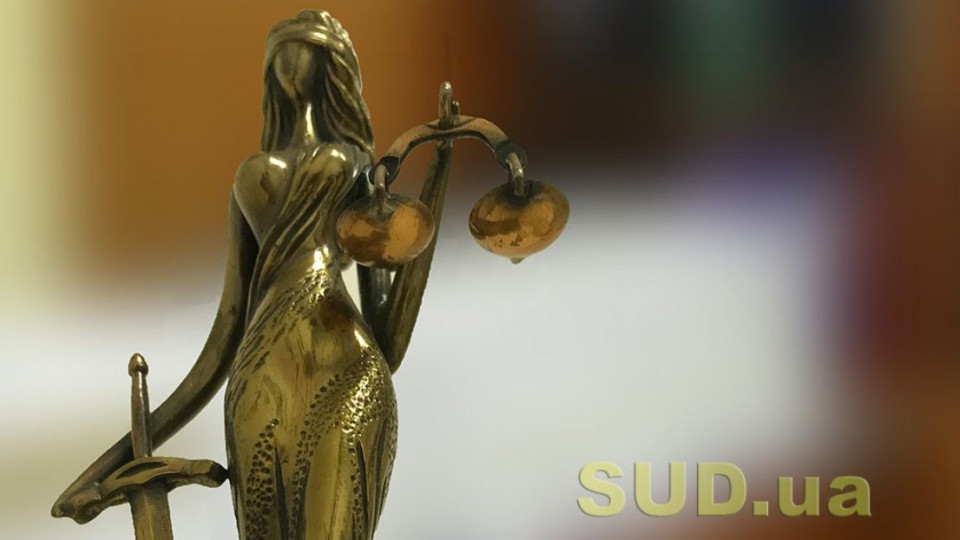 Notes on the oral exam do not prove the knowledge of the candidate for lawyers
Notes on the oral exam do not prove the knowledge of the candidate for lawyers
The criminal court of cassation as part of the Supreme Court considered the criminal proceedings against two persons accused of human trafficking (Part 2 of Article 149 of the Criminal Code of Ukraine) based on the cassation appeals of one of the convicts and two defenders. The complainants indicated, in particular, the failure to establish the vulnerable state of the victims, the failure to conduct complex psychological and psychiatric examinations to confirm this state.
The CCS of the Supreme Court left the cassation appeals without satisfaction, pointing out the following.
Courts of the first and appellate instances comprehensively and fully checked the arguments of the defense about the absence in the actions of the persons involved in the crime incriminated against them, namely signs of their use of the vulnerable state of the victims. To refute these arguments, the courts referred to the victim's testimony at the court hearing that she agreed to travel abroad to provide sexual services due to her vulnerable state due to financial problems; written evidence, in particular, materials confirming the existence of credit debts of the victims, data of operational investigative measures, which established that the accused knew about the existence of debts of the victims under the credit obligation.
The definition of a vulnerable state of a person has two types: 1) a state of a person that deprives or limits his ability to be aware of his actions (inaction) or to manage them, to make independent decisions of his own free will, to resist violent or other illegal actions; 2) coincidence of serious personal, family or other circumstances.
In view of this, the conclusion about the presence or absence of such a condition of the victim and its use by the accused during the commission of the crime can be based on the results of a medical, psychological, psychiatric or complex examination of the victim, which will confirm the presence of a person with a physical disease or physical defect, a special psychological condition or mental disorder, as well as on the totality of evidence of the existence of severe personal family or other circumstances.
At the same time, the vulnerable state of the victim is an evaluative concept, its presence is determined by the pre-trial investigation bodies and the court based on the analysis of the specific circumstances of the criminal proceedings.
Taking into account the examined evidence, the courts came to the correct conclusions that the accused were aware of the purpose of their actions and acted to achieve it – the sexual exploitation of women in the UAE whom they sought out and facilitated their departure for this purpose, committing these actions to recruit victims, they had no other information about the material condition of these persons, apart from the one provided to them by the victims themselves, and therefore perceived their condition as vulnerable and good for recruitment.
At the same time, the assertions in the cassation complaint of the defender about the need to conduct a complex psychological and psychiatric examination to confirm the vulnerable state of the victims are groundless, since such a state deprived or limited their ability to be aware of their actions (inaction) or to control them, to make independent decisions of their own free will, to act resistance to violent or other illegal actions, was not determined by physical or mental properties or external circumstances.
Resolution of the Supreme Court of Justice of the Supreme Court in case No. 750/5031/18 (proceedings No. 51-2761км21) – https://reyestr.court.gov.ua/Review/100919043 .



